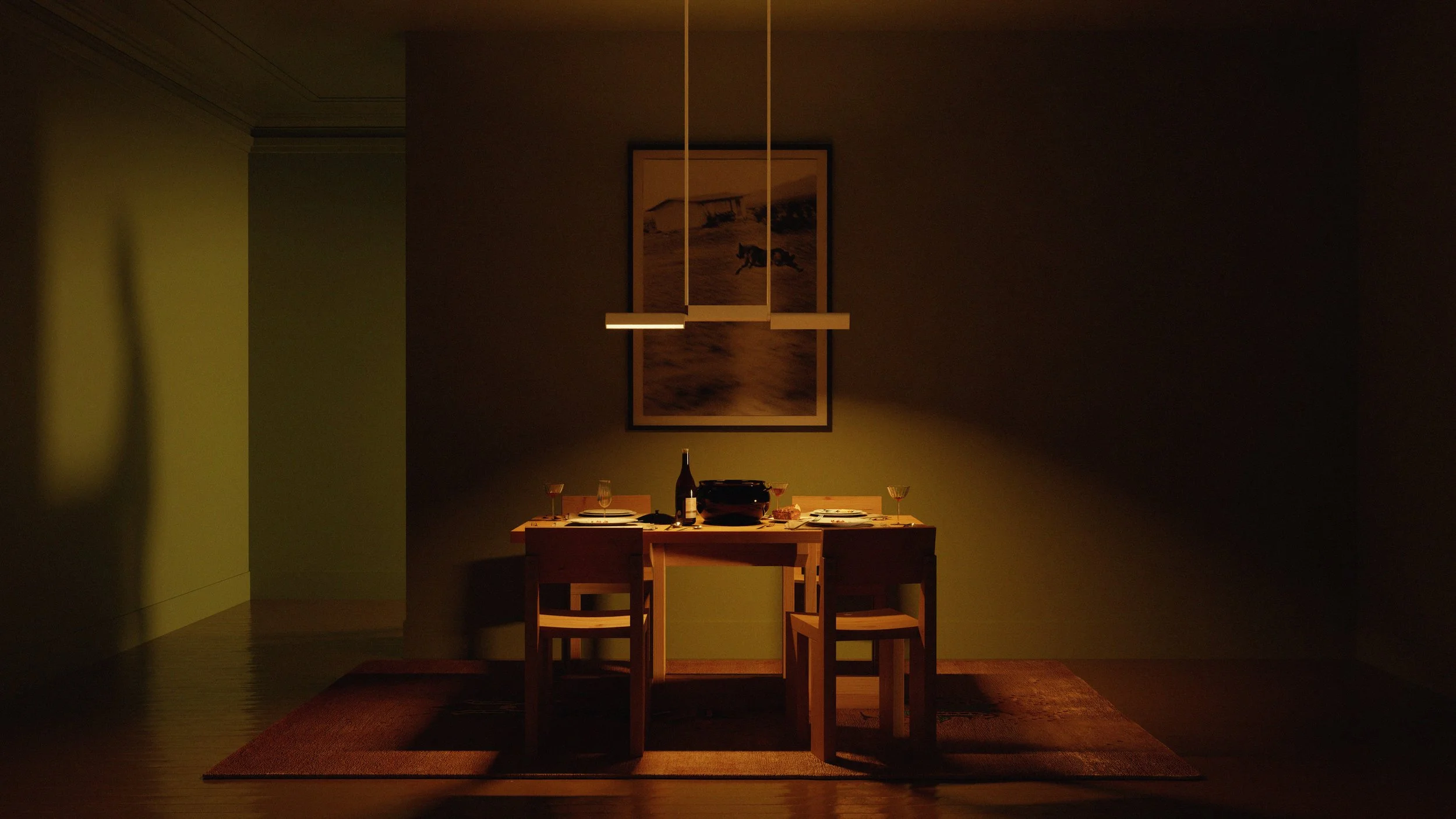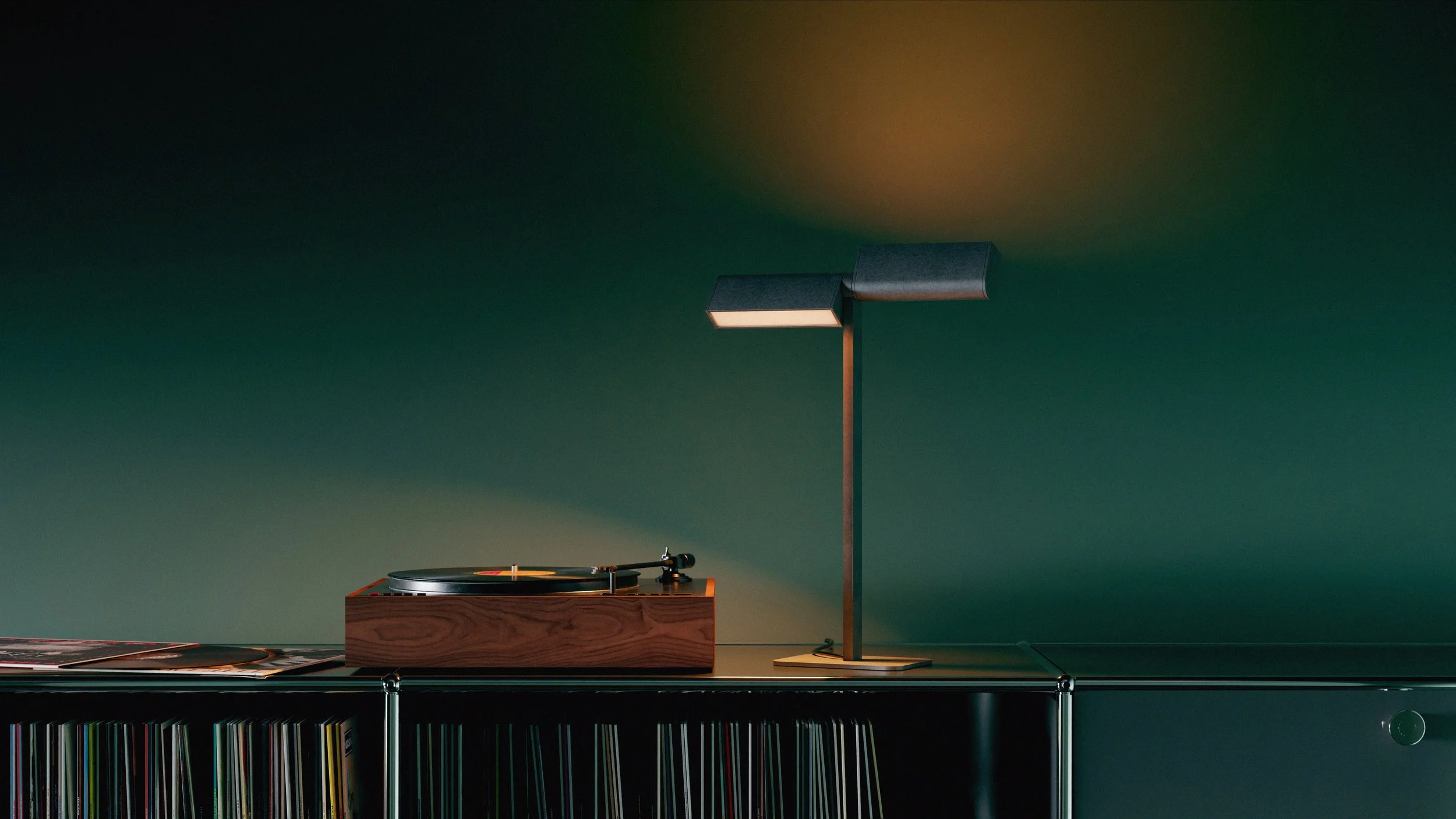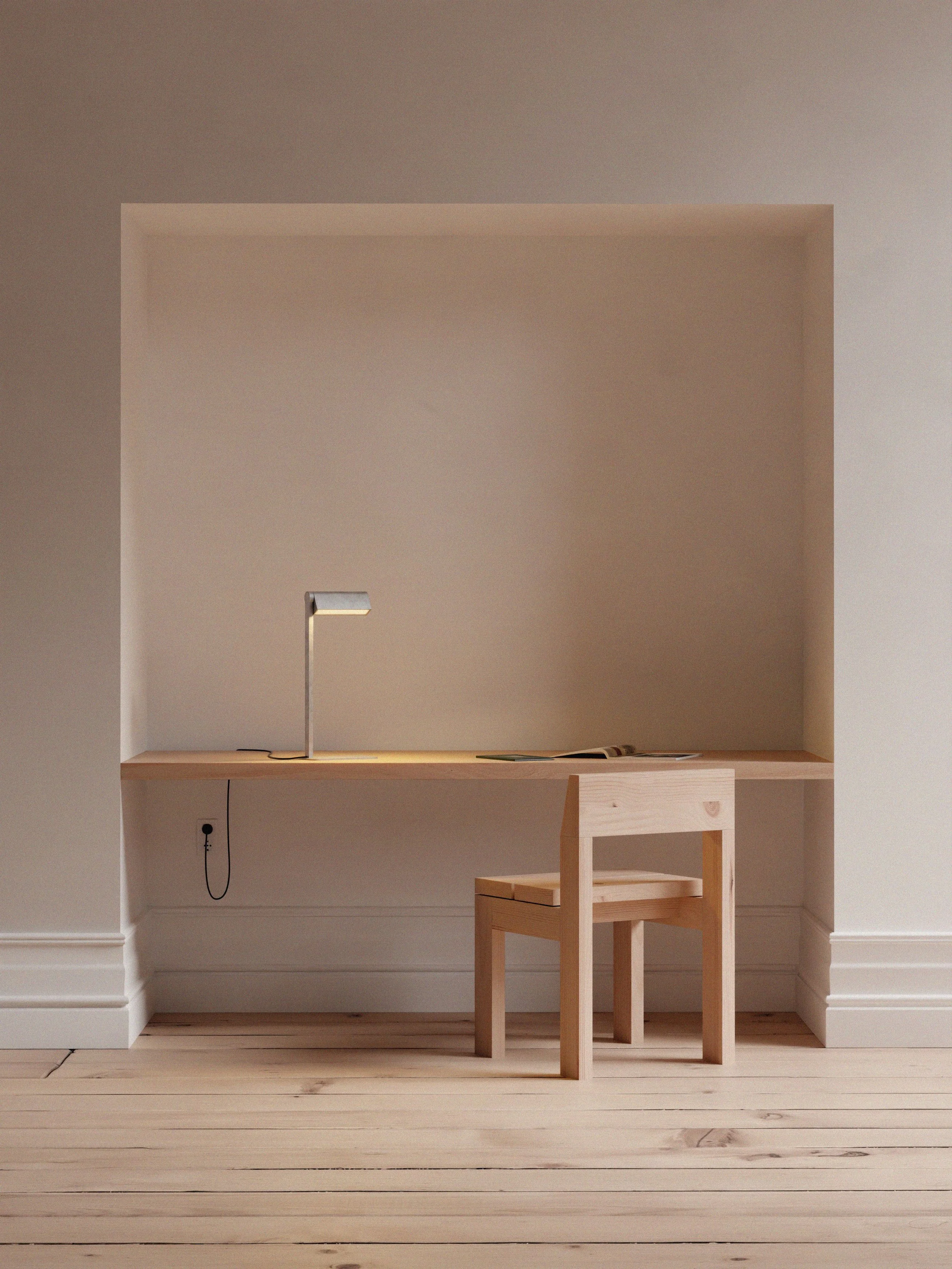
Ipoli by Lambert & Fils
Montreal-based lighting studio Lambert & Fils had long been celebrated for its ability to merge craftsmanship with contemporary aesthetics.
Founded in 2010 by Samuel Lambert, the studio specialized in handmade lighting collections and collaborations with designers across the globe, all produced in its Montreal atelier. With a practice rooted in exploring materials as a point of origin, Lambert & Fils consistently sought new ways to translate light into sculptural, poetic forms.
Ipoli, one of its most spirited collections, emerged from an unusually intimate collaboration between Samuel Lambert and his stepson, designer Darius Laprise. Conceived not as a conventional design exercise but as an improvisational process, Ipoli evolved through a series of experiments with existing components already found in the studio.
"It all started with the idea of designing a whole collection from existing pieces in the workshop rather than producing more material," Samuel Lambert explained. Laprise, who had worked with the studio for several years following his graduation, added: "We wanted to create a simple and open topology, giving users the freedom to imagine the rest of the collection themselves."
The result was a family of lights that balanced playful energy with utilitarian clarity. Defined by pivoting rounded heads mounted on slender bases, the fixtures paid homage to streamlined office lamps and task lights, yet retained a distinctive Lambert & Fils sensibility, simultaneously sturdy and poetic.
Versatility was at the heart of the collection. A single pivot or the alignment of multiple heads allowed Ipoli to transform seamlessly from task lighting to ambient glow. Eleven models formed the series, spanning table and floor lamps, pendants, and sconces. Finishes included poppy red, beige, black, and textured aluminum, chosen to allow the collection to move fluidly between minimalist, classic, and casual interiors. To deepen the user's interaction, each piece was equipped with a touch dimmer.
For Lambert, Ipoli was more than a study in form and function; it was a deeply personal project shaped by collaboration within his own family. "Ipoli is a deeply personal collection for me, created in an atmosphere of intimacy and designed to nurture intimacy," he reflected.

















